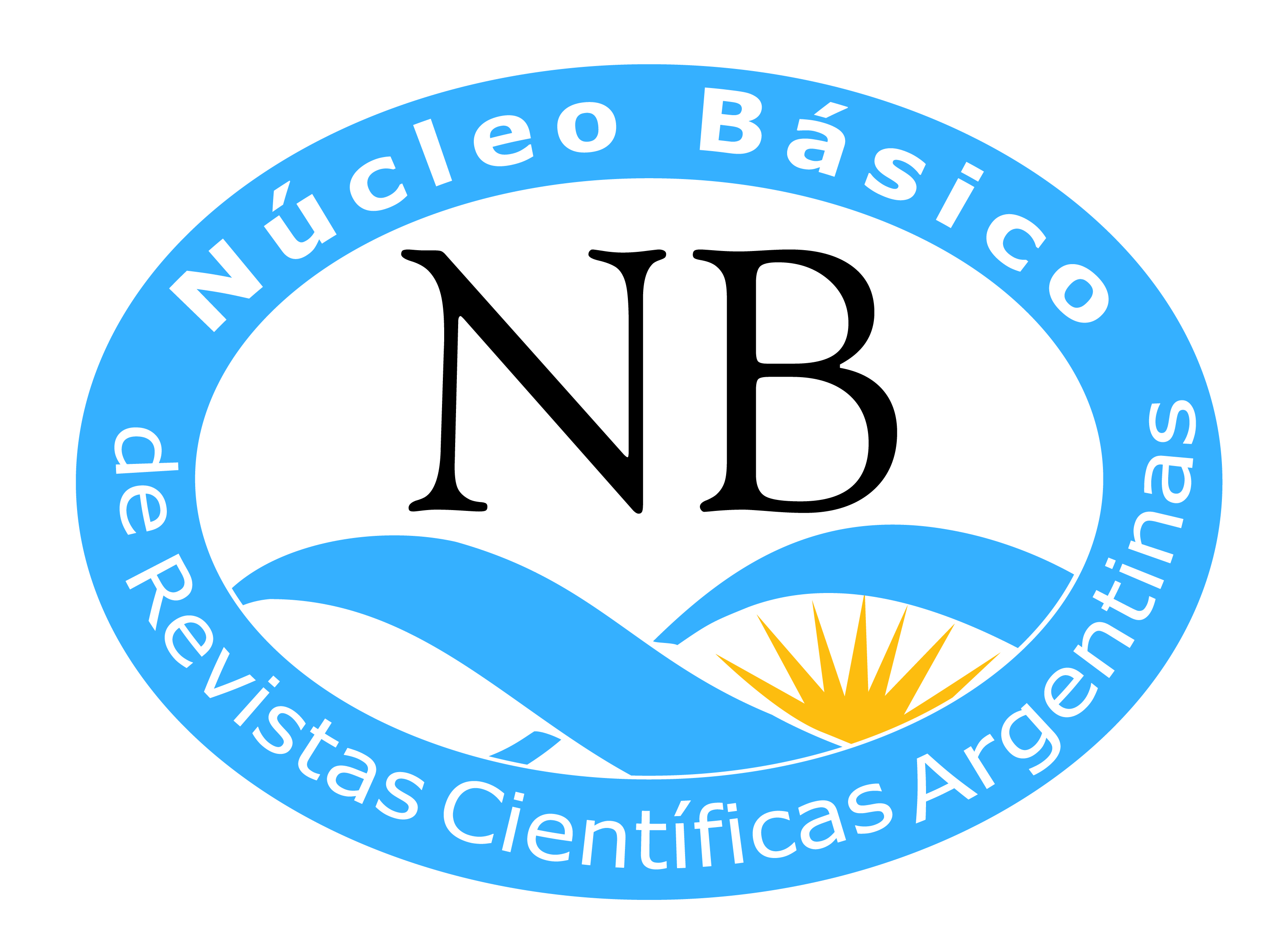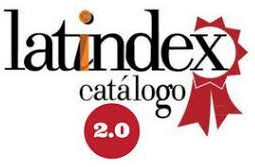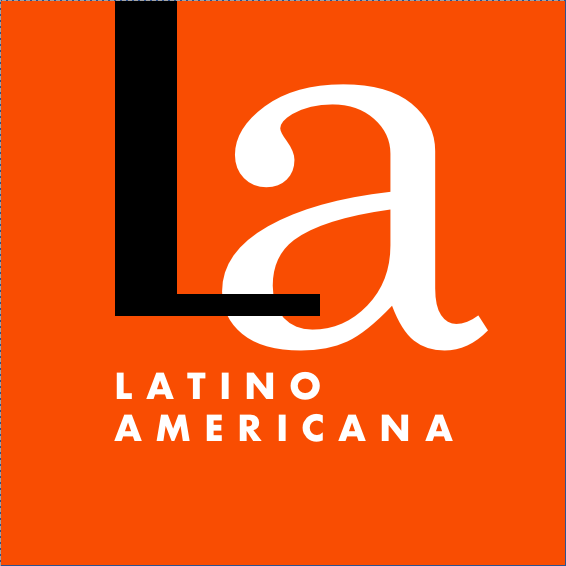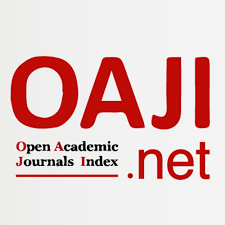The Rio-Deutsche and the structure of germanophile campaign in Brazil over First World War
Abstract
This article aims to analyze the role of the German-Brazilian community in Rio de Janeiro in articulating the pro-German narrative throughout World War I. The then federal capital housed the oldest urban German-Brazilian community, formed in 1808. With high economic power, its members, known as Rio-Deutsche, were part of the cultural and political elites of the Republic. When the belligerence broke out, they made use of these networks of contacts to undertake initiatives to win over public opinion in favor of the Central Powers. Thus, it is proposed to identify and briefly examine the main representatives of the Rio-Deutsche in the political and cultural spheres, their interlocutors, and strategies to gain the sympathy of Brazilian society for the German campaign throughout the Great War, understood as a global war.Downloads
References
Abranches, D. (1916). Ainda a Black List. Imprensa Nacional.
Abranches, D. (1924). O Tratado de Versalhes e os Alemães no Brasil. Pareceres e Memoriais. Tipografia Casa Vallele.
A Guide to the Press of Central and South America (2018). Watergate House.
Annaes da Câmara dos Deputados (1914). Imprensa Nacional.
Annaes da Câmara dos Deputados (1916). Imprensa Nacional.
Arouca, F. B. (2023). Para além das trincheiras: propaganda, censura e narrativa da Primeira Guerra Mundial no Brasil (1914-1918). [Tese inédita de doutorado] Universidade Federal do Rio de Janeiro.
Audoin-Rouzeau, S. e Becker, A. (1998). Violência e consentimento: a ‘cultura de guerra’ do primeiro conflito mundial en J. Rioux e J. Sirinelli (eds.), Para uma história cultural (pp. 237-258). Estampa.
Bacca, R. R. (2015). Estudios sobre la Primera Guerra Mundial en America Latina. Una mirada comparada. Anuario Colombiano de Historia Social y de la Cultura, (42), 43-73.
Carden, R. (2014). German Policy Toward Neutral Spain, 1914-1918 (RLE The First World War). Taylor & Francis.
Compagnon, O. (2014). O adeus à Europa: a América Latina e a Grande Guerra. Rocco.
Dunshee de Abranches e suas obras: catálogo histórico e explicativo (1917). Empresa de Publicidade.
Flachs, M. C. V. de. (1994). Emigraciones transoceánicas. Los alemanes en América. 1850 - 1914. El caso argentino. Cuadernos de historia contemporánea, 16, 65-98.
Gértz, R. (1998). O perigo alemão. UFRGS.
Hinden, H. (1922). Deutsche und deutscher Handel in Rio de Janeiro - Ein hundertjähriges Kulturbild zur Zentenar Feire der Gesellschaft “Germania” (1821-1921). Rio de Janeiro.
Horne, J. (2019). End of a Paradigm? The cultural history of the Great War. Past and Present, 242(1), 155-192.
Horne, J. (2002). Introduction: mobilizing for ‘total war' en J. Horne (ed.), State, society and mobilization in Europe during the First World War (pp. 1-17). Cambridge University Press.
Ingrassia, M. A. (2024). Germanidad y cultura de guerra. Representaciones de la revista Germania sobre el militarismo alemán en Argentina durante la Gran Guerra. Historia & Guerra, (5), 90-113.
Lenz, S. (s/f). Sociedade Germânica no Rio de Janeiro de Herr Hinden (1866-1888). 1-12.
Luebke, F. C. (1987). Germans in Brazil: a comparative history of cultural conflict during World War I. Louisiana State University Press.
Michahelles, M. (2003). A ‘colônia alemã’ do Rio de Janeiro: a Sociedade Germania e a construção de uma identidade teuto-brasileira. [Dissertação de Mestrado] Universidade Federal Fluminense.
Oliveira, L. L. (1990). A questão nacional na Primeira República. Brasiliense.
Panayi, P. (2014). Germans as Minorities during the First World War: Global Comparative Perspectives en P. Panayi (ed.), Germans as Minorities during the First World War (pp. 3-25). Routledge.
Pires, L. C. (2021). Germanófilos brasileiros durante a Primeira Guerra Mundial: uma análise preliminar. Historia & Guerra, (1), 23-42.
Pires, L. C. (2019). Intelectuais nas trincheiras. Appris.
Pires, L. C. (2019). Sob as asas da águia: os escritos de Dunshee de Abranches e o discurso germanófilo no Brasil durante a Primeira Guerra Mundial (1914-1917). Cuadernos de Marte, (16), 85-115.
Rinke, S. (2017). Latin America and the First World War. Cambridge University Press.
Rüss, C. (2019). Persuasive identities? German propaganda in Chile and Argentina during the First World War. National Identities, (21), 5-19.
Seyfert, G. (1989). A Liga Pangermânica e o Perigo Alemão no Brasil: análise sobre dois discursos étnicos irredutíveis. História: Questões e Debates, (18-19), 113-155.
Silva, A. C. da (2015). Nas trincheiras do front intelectual: Henrique da Rocha Lima e a Primeira Guerra Mundial no Jornal do Commercio. Varia Historia, (57), 635-671.
Tato, M. I. (2017). Fighting for a lost cause? The Germanophile News Paper La Unión in Neutral Argentina, 1914-1918. War in History, 25(4), 464-484.
Tato, M. I. (2018). Fighting the war from the periphery: Latin America and WWI. Palestra proferida no congresso Tempos de Violência. Rio de Janeiro, Fundação Casa de Rui Barbosa.
Winter, J (2014). Introduction en J. Winter (ed.), The Cambridge History of the First World War, vol. 3, Civil Society (pp. 1-2). Cambridge University Press.
Copyright (c) 2025 Livia Claro

This work is licensed under a Creative Commons Attribution-NonCommercial 4.0 International License.

Historia & Guerra uses an international license Attribution-NonCommercial 4.0 International (CC BY-NC 4.0).
You are free to:
- Share — copy and redistribute the material in any medium or format.
- Adapt — remix, transform, and build upon the material.
- The licensor cannot revoke these freedoms as long as you follow the license terms..
Under the following terms:
Attribution — You must give appropriate credit, provide a link to the license, and indicate if changes were made. You may do so in any reasonable manner, but not in any way that suggests the licensor endorses you or your use.
NonCommercial — You may not use the material for commercial purposes.
No additional restrictions — You may not apply legal terms or technological measures that legally restrict others from doing anything the license permits.
Notices:
You do not have to comply with the license for elements of the material in the public domain or where your use is permitted by an applicable exception or limitation.
No warranties are given. The license may not give you all of the permissions necessary for your intended use. For example, other rights such as publicity, privacy, or moral rights may limit how you use the material.
The author retains all rights to his work without restriction and grants Historia & Guerra the right to be the first publication of the work. Likewise, the author may establish additional agreements for the non-exclusive distribution of the version of the work published in the Journal (for example, placing it in an institutional repository or publishing it in a book), with the acknowledgment of having been first published in this journal. Use of the work for commercial purposes is not permitted.














.jpg)















